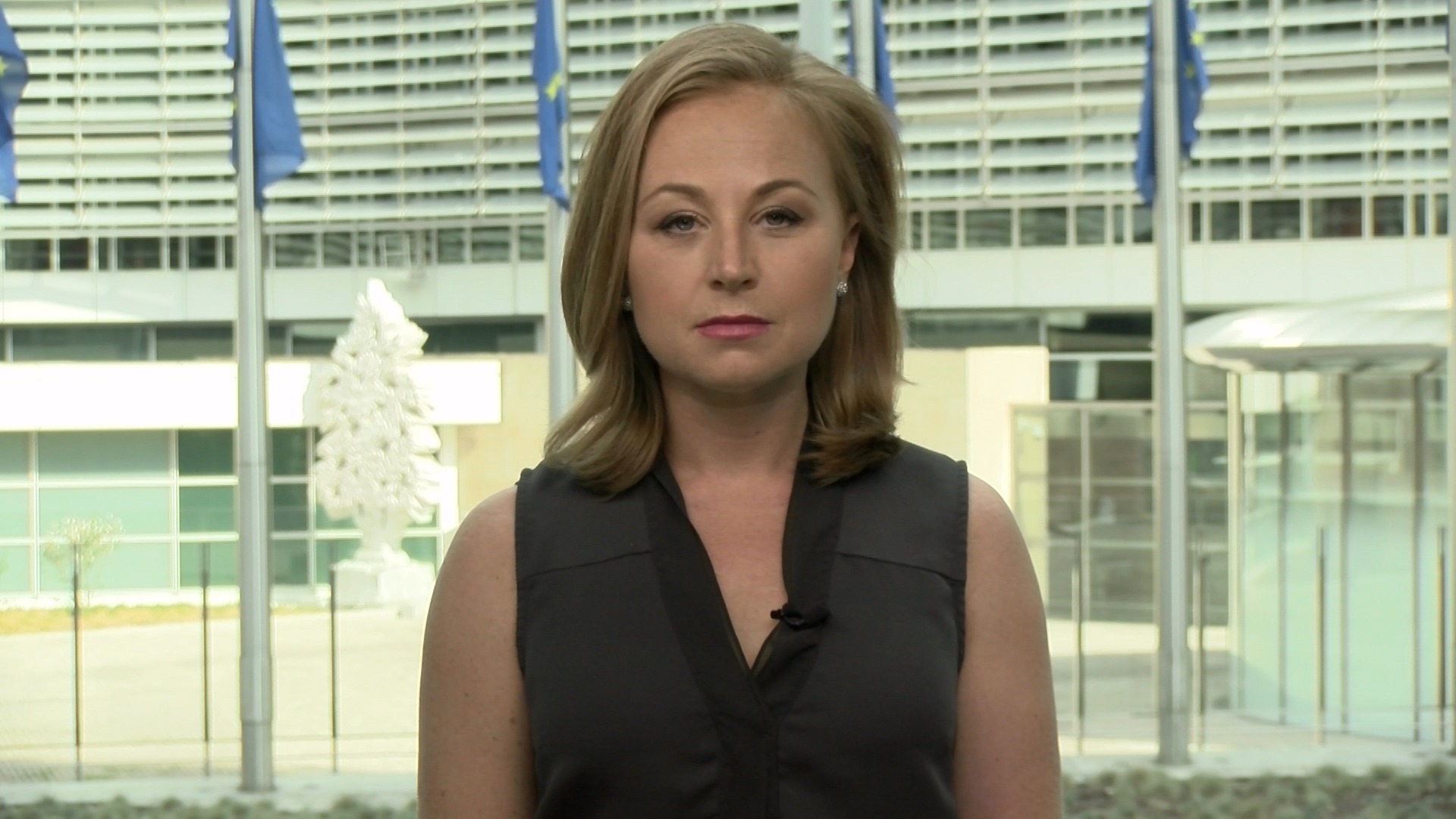02:11

The European Union is urging its citizens to ditch the plastic and go digital. The Commission unveiled a new proposal on Thursday for a "digital wallet" which would allow the bloc's 450 million citizens to prove their identities and store documents.
"The European digital identity will enable us to do in any member state as we do at home without any extra cost and fewer hurdles," said Margrethe Vestager, Executive Vice President for 'A Europe Fit for the Digital Age.'
The wallets could rival Apple and Google and comes as Europe aggressively pushes into the digital space.
What will it be used for?
The digital wallets will consolidate a person's sprawling stockpile of personal and official documents into one verified e-identity. The wallets can store anything from health records to university diplomas to prescriptions. And they can be used as a vault for credit card details and passwords. The goal is to make it easier for Europeans to do just about anything that requires proof of identity, for example renting a flat, paying taxes or even getting into a nightclub.
How will it work?
Each member state will have to develop and offer the wallet to their citizens and residents – this is mandatory and could happen as soon as late 2022. Then everyone will be able to download and install the wallets on their smartphone or other device and access them via a fingerprint or retina scan. And crucially, member states will have to recognize the wallets of other member states, so e-IDs can be used seamlessly across the bloc in the same way a driving license is right now. Certain sectors, like transport and banking, will also be required to accept the e-IDs, as will large platforms.
Is it safe? Will my data be protected?
The Commission says it will work with member states on standards, technical specifications and operational aspects to ensure the wallets have the highest level of security. It will be the responsibility of the member states to certify the wallets comply with these requirements. And unlike with popular wallets already on the market from Google and Apple, users of the EU wallets will decide what information is stored and how much data is shared with third parties.
Why are these digital wallets being introduced?
The pandemic has a lot to do with it. Over the past 18 months, a lot of services have been forced to move online and this has accelerated the need for a user-friendly digital bloc-wide wallet. Plus, the EU's COVID-19 recovery fund has earmarked billions for Europe's digital transformation, so the money is there to help support the national buildout of these wallets.
How will this impact the economy?
The wallets could create new demand in the digital space. Brussels says as many as 27,000 jobs could be created in the next five years and as much as $11.7 billion could be generated in benefits.

